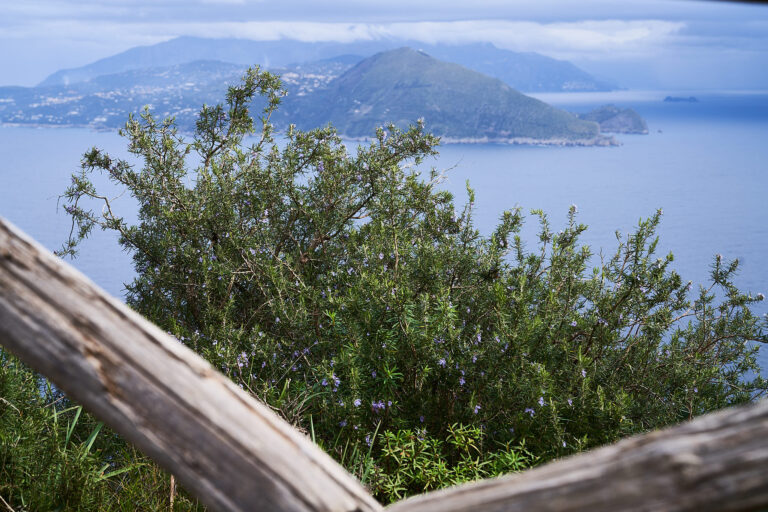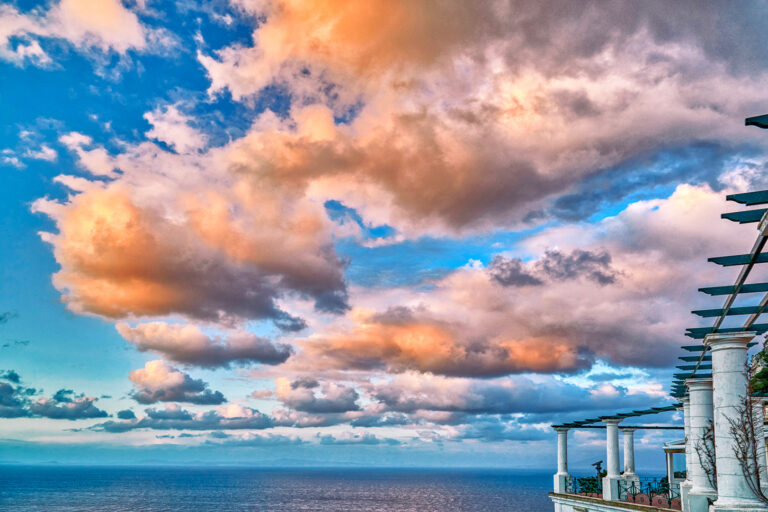Once upon a time there was a small strip of land that one day broke away from the rest of the world, stopping a few miles away, to continue looking at the mainland while remaining far from it. After centuries, its enchanted natural beauty lost its virginity, when this Augustus, in 29 BC, during a return trip from Egypt, where he triumphed in battle, was so impressed that he combined the barter of the island, giving Ischia in exchange. . He was the first important “master of Capri”, who was followed by his adopted son Tiberius. From that time on, the owners of Capri were no longer counted. Barbarians, British, French, all wanted to own Capri.
When the time of the conquering peoples ended, farmers and fishermen were masters of Capri, who were able to survive with the fruits of the earth and the wealth of the sea; then the Carthusian monks, who knew the wealth and greatly increased it thanks to the island.
Foreigners disembarked and found the right climate for their health and soul here; numerous Germans and English wanted to establish their home here. The masters of Capri became the artists, the eccentrics, the refugees who fleeing the world because they were condemned for their human, political sins or for their diversity which, however, the island always knew how to accept.
And the great war came. For a few years, the owners of Capri went back to being the real people of Capri, especially the elderly, women and children. It was for a short time because, immediately afterwards, many foreign exiles wanted to return to own “their” island, trying to return to their past laurels. They were still the masters of Capri, albeit in a smaller number.
Then came the dictatorship, and Capri was a little paradise for the men who mattered. Shortly thereafter, “ the island that is never forgotten ” had to forget every past and encounter, for the second time, the lethargy and the diaspora that a second war caused.
It was dawn again, and this time, the Americans were the masters of Capri. For them too, the island meant rest and fun, an island “branded” over the centuries for its being everything and its opposite. At the hands of the Americans, the island got to know and presented itself to the world as a place no longer intended for the pleasure of a few. But even before the mass became the new master of Capri, actors, filmmakers and financiers arrived. They were the ones who had the keys to the island, they were the ones who shouted “Capri” to the world, through the photos of the paparazzi and the gossip of the first attack reporters. How “sweet” was “life” and thanks to them the owners of Capri became producers, managers, actors, stylists, many of whom wanted to build their second home here.
How much echo for the world, much, much, too much. Everyone wanted to see the island of the lucky ones, and in the beginning not everyone was allowed, for money, but also for the embarrassment and shame that harbored in those who admired from afar the luxury and class of so many gentlemen from the “S” capital.
Not for long. The masses managed to invade Capri, first for a day, then also for the nights. Leading the conquest were the brands that made fashion great; once here, they made room for themselves overwhelmingly, slowly managing to shatter the artisan tradition that had been the mistress of Capri, which had created a style, now brought into play with a new concept of “fashion”.
When the rich were no longer gentlemen, those who were born, raised and educated in luxury, Capri once again changed masters. Overbearing, presumptuous and false gentlemen, stopped at the bars in the Piazzetta, hidden under the white linen or behind a bottle of champagne, sitting at the first table of a nightclub or lying on the sundeck of a fast motorboat that doesn’t care about the sea, the masters of Capri.
The masters of Capri became those who “used” his name to derive wealth from it without knowing or loving the true soul of the island; the masters of Capri were the unscrupulous politicians who, to guarantee themselves squalid power and material wealth, sold off the island to those entrepreneurs and those foreign interests without shame. Here, money became the masters of Capri, fueling passions and negative tendencies such as envy and jealousy, daughters of hatred, then corruption and sometimes destruction.
And who are the masters of Capri today? And who will they be tomorrow?
Perhaps past generations, all those who have worked hard to give a future to the young people of Capri? Will they be the ones who do their utmost for the good of others and for the future of the island? Will they be the ones who honestly work in silence and with respect for everyone? Will it be those who, moved by love for this pearl of the Gulf of Naples, study it and spread its knowledge? Could it be its charm, its beauty that remains undisputed mistress, or will it be the madmen, the reckless and the lovers of doing nothing? Everyone has the answer they believe.









